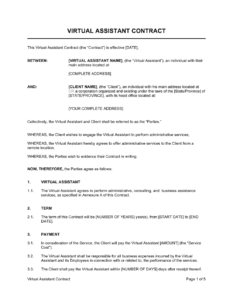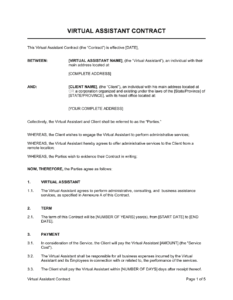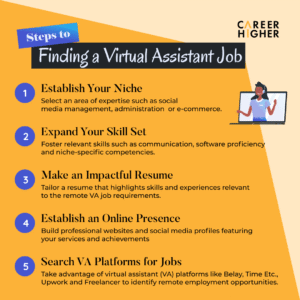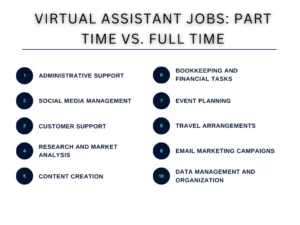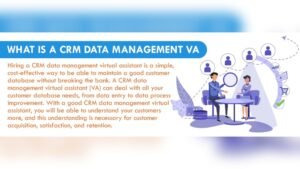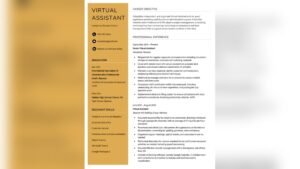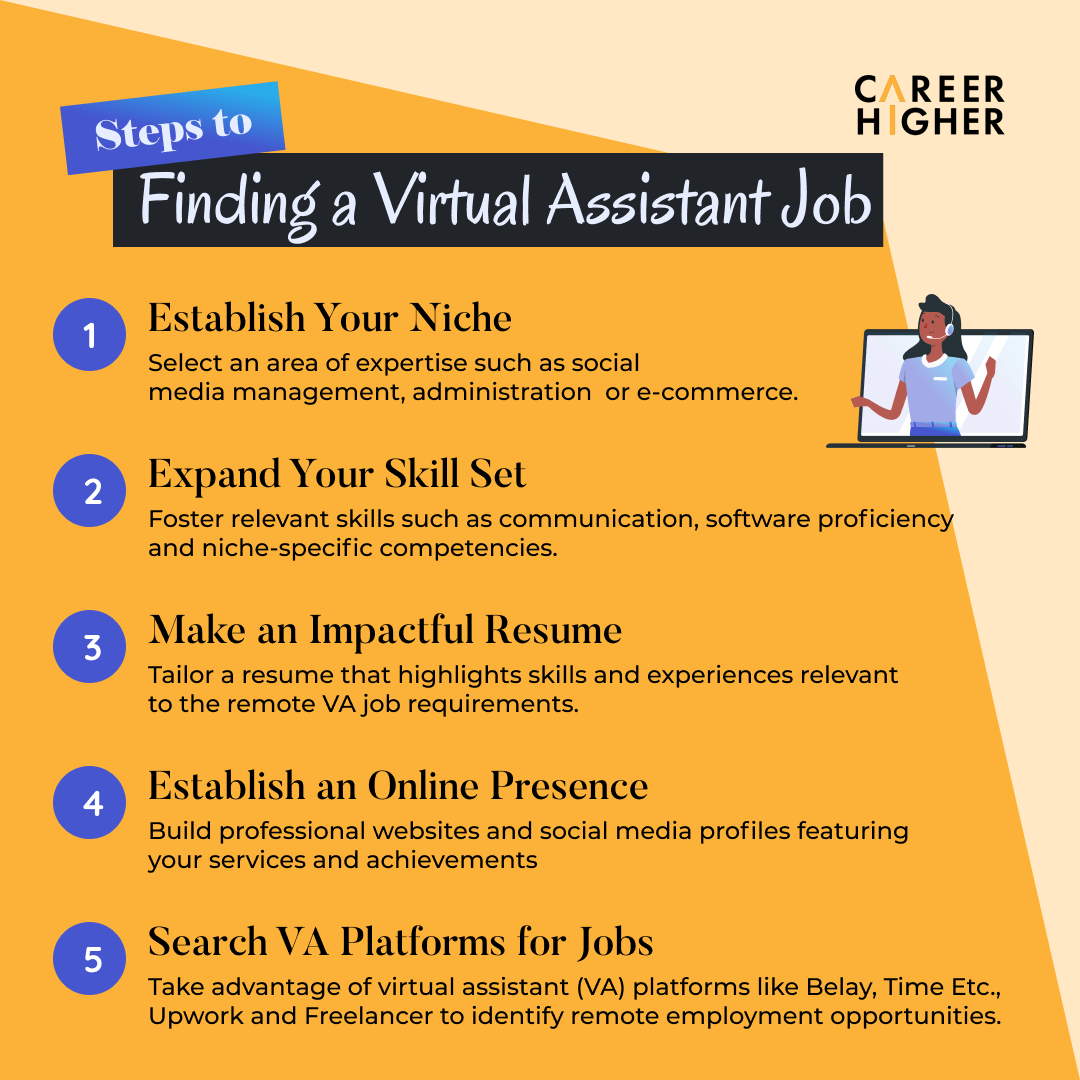Creating and optimizing content is essential for any successful website. It helps attract visitors and improves your site’s ranking.
In today’s digital world, having great content isn’t enough. Your content must be engaging and optimized for search engines. This means making it interesting for readers and easy to find online. Effective content writing involves using the right keywords, clear language, and a structure that keeps readers hooked.
Optimizing content ensures that it reaches a wider audience and ranks well on search engines. By focusing on both writing and optimization, you can create content that stands out and drives traffic to your site. Ready to learn more? Let’s dive into the world of writing and optimizing content.
Importance Of Seo In Content Writing
Content writing is more than just crafting engaging articles. It involves using SEO techniques to improve visibility. SEO helps your content rank higher on search engines like Google. This is crucial for driving organic traffic to your site.
Role Of Seo In Digital Marketing
SEO plays a vital role in digital marketing. It helps your content reach a wider audience. Here are some key points:
- Visibility: Higher search engine rankings mean more visibility.
- Credibility: Users trust search engines. Higher ranking builds credibility.
- Cost-effective: SEO is more cost-effective than paid advertising.
Using the right keywords is essential. These keywords should be relevant to your content. They should also match what users are searching for. This can significantly impact your search engine ranking.
How Seo Drives Traffic
SEO drives traffic in several ways. First, it improves your website’s visibility. More people see your content. This increases the likelihood they will click on it.
- Organic Search: SEO helps your content appear in organic searches.
- User Experience: Good SEO improves user experience. This keeps visitors on your site longer.
- Mobile Optimization: SEO ensures your site is mobile-friendly. This is crucial as more people use mobile devices.
SEO also involves optimizing images, meta tags, and URLs. These elements help search engines understand your content better. This makes it more likely to rank higher.
| SEO Element | Importance |
|---|---|
| Keywords | Helps search engines identify content relevance |
| Meta Tags | Provides a summary of the page content |
| Mobile Optimization | Ensures content is accessible on all devices |
By understanding and implementing SEO, you can improve your content’s performance. This will help you achieve your digital marketing goals. Effective SEO is essential for any successful content strategy.

Credit: www.youtube.com
Understanding Your Audience
Understanding your audience is crucial for effective content writing and optimization. Knowing who you are writing for helps you craft content that resonates. This ensures higher engagement and better SEO performance.
Identifying Target Demographics
Start by identifying the basic demographics of your audience. Consider age, gender, location, and income level. Look at their education and occupation too. These factors help you understand what your audience needs.
Use tools like Google Analytics to gather data. This will give you insights into who visits your site. Analyze social media followers and email subscribers. Surveys and feedback forms are useful as well. This data paints a clear picture of your target audience.
Creating Audience Personas
Next, create audience personas. These are detailed profiles of your ideal readers. Include demographics, interests, and pain points. Think about their goals and challenges. Personas help you visualize and understand your audience better.
Give each persona a name and background story. Include details like hobbies, favorite websites, and buying behaviors. This makes the personas feel real. Use these profiles to guide your content creation. Tailor your writing style and topics to match their preferences.
Updating personas regularly is important. As your audience evolves, so should your content strategies. Keep gathering data and refining your personas. This ensures your content remains relevant and engaging.
Keyword Research Strategies
Keyword research is the backbone of writing and optimizing content. It helps you discover the terms your audience uses. With these strategies, your content will reach the right people. Let’s dive into some effective methods to find relevant keywords and analyze keyword competition.
Finding Relevant Keywords
Begin by brainstorming a list of topics related to your niche. Think about what your audience might search for. Use tools like Google Keyword Planner, Ahrefs, and SEMrush to expand this list.
Consider these steps to find relevant keywords:
- Identify your main topics.
- Use keyword tools for suggestions.
- Check related searches on Google.
- Analyze your competitors’ keywords.
Focus on long-tail keywords. These phrases are more specific and less competitive. They often have higher conversion rates. For example, instead of “shoes,” use “comfortable running shoes for women.”
Analyzing Keyword Competition
Once you have a list of keywords, analyze the competition. This will help you choose the best ones. Tools like Moz and Ahrefs provide insights into keyword difficulty.
Here are some key factors to consider:
- Search volume: How many people search for this keyword?
- Keyword difficulty: How hard is it to rank for this keyword?
- Domain authority: Do high-authority sites dominate the search results?
- Content quality: What type of content ranks for this keyword?
Create a table to compare your keyword options:
| Keyword | Search Volume | Difficulty | Top Competitors |
|---|---|---|---|
| comfortable running shoes for women | 1,000 | Medium | High-authority sites |
| best vegan protein powder | 2,500 | High | Mixed |
Choose keywords with a balance of search volume and difficulty. Avoid highly competitive keywords if your site is new or has low authority.
Regularly update your keyword list. Trends change, and so do search behaviors.
On-page Seo Techniques
On-page SEO techniques are vital for improving your content’s visibility on search engines. These techniques help search engines understand your content and rank it higher. Let’s explore some essential on-page SEO techniques.
Optimizing Meta Tags
Meta tags are snippets of text that describe a page’s content. They appear in the page’s code but not on the page itself. They help search engines understand your content. The two main types are the title tag and meta description.
Title tags should be concise and relevant. Include your primary keyword close to the beginning. Keep it under 60 characters. This ensures it displays correctly in search results.
Meta descriptions provide a brief summary of your page. They should be under 160 characters. Include your main keyword here too. A compelling meta description can increase click-through rates.
Using Header Tags Effectively
Header tags (H1, H2, H3, etc.) structure your content. They make it easier to read and understand. The H1 tag is the main heading of your page. Use it once and include your primary keyword.
Subheadings (H2, H3) break your content into sections. They help readers and search engines navigate your content. Use relevant keywords in these tags. It improves the content’s context and relevance.
Properly used header tags improve readability. They also enhance user experience. Search engines value content that is easy to read and understand.
Creating High-quality Content
Creating high-quality content is crucial for any successful online presence. It helps in attracting and retaining readers, improving search engine rankings, and establishing authority in your niche. Quality content should be engaging, relevant, and valuable to your audience. Let’s dive into some key aspects of creating high-quality content.
Crafting Engaging Headlines
Headlines are the first thing readers notice. They should be compelling and clear. A great headline can significantly increase the likelihood of your content being read.
- Use power words to evoke curiosity.
- Keep it short and to the point.
- Include numbers or lists if possible.
- Ensure it reflects the content accurately.
For example, compare these two headlines:
| Less Engaging | More Engaging |
|---|---|
| Tips for Writing | 10 Proven Tips for Writing High-Quality Content |
Writing Valuable And Relevant Content
Content should offer value and relevance to the reader. It’s essential to understand your audience’s needs and address them effectively.
- Research your topic thoroughly. Provide accurate and up-to-date information.
- Use simple language. Avoid jargon that might confuse readers.
- Break up long paragraphs. Use subheadings, bullet points, and short sentences.
- Include examples and case studies to illustrate points.
Consider the following tips to enhance content quality:
- Incorporate visuals like images and infographics.
- Proofread to ensure there are no grammatical errors.
- Update content regularly to keep it relevant.
By focusing on these aspects, you can create high-quality content that resonates with your readers and improves your website’s performance.
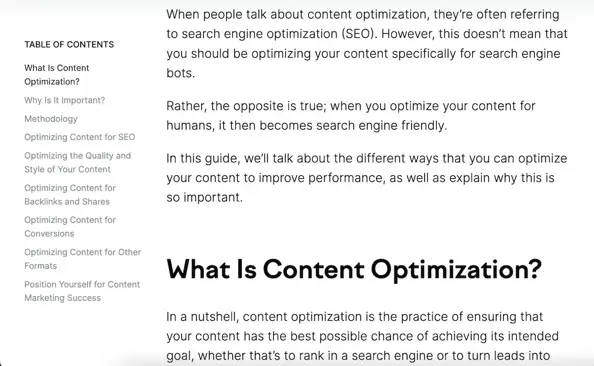
Credit: www.bynder.com
Incorporating Keywords Naturally
Incorporating keywords naturally is essential for effective SEO. Natural keyword integration enhances readability and user experience. This practice also helps search engines understand content better. Let’s explore how to use keywords naturally, avoiding pitfalls and improving content quality.
Avoiding Keyword Stuffing
Keyword stuffing harms readability and SEO. Repeating keywords unnaturally distracts readers. Use synonyms and related terms. These variations keep the content engaging and contextually rich. Aim for a natural flow in your writing.
Using Keywords In Alt Text
Alt text improves accessibility and SEO. Describe images with relevant keywords. This practice helps search engines index images. It also benefits visually impaired users. Keep alt text descriptive and concise. Avoid keyword stuffing in alt text as well.
Content Optimization Tools
Effective content optimization can boost your website’s visibility and engagement. Using the right tools, you can ensure your content is well-structured, relevant, and easy to find. Let’s dive into some essential content optimization tools that can help you achieve this.
Seo Analysis Tools
SEO analysis tools are essential for improving your website’s search engine rankings. These tools help you identify and fix issues that may be affecting your site’s performance. Some popular SEO analysis tools include:
- Google Analytics: Tracks and reports website traffic.
- Ahrefs: Provides detailed backlink analysis and keyword research.
- SEMrush: Offers comprehensive SEO audit and competitive analysis.
- Yoast SEO: Helps optimize your content for search engines.
Using these tools, you can analyze your website’s performance and make data-driven decisions. This will help you improve your content and increase your site’s visibility.
Content Management Systems
Content management systems (CMS) are platforms that help you create, manage, and publish digital content. These systems make it easy to organize and optimize your content. Some popular CMS options include:
- WordPress: A versatile and user-friendly platform with numerous plugins.
- Joomla: Offers advanced features and flexibility for content management.
- Drupal: Known for its scalability and robust security features.
- Squarespace: Provides an all-in-one solution for website building and content management.
Using a CMS, you can efficiently manage your content and ensure it is optimized for search engines. These platforms often come with built-in SEO tools, making it easier to improve your site’s performance.
Here is a table summarizing some key features of popular CMS options:
| CMS | Key Features |
|---|---|
| WordPress | Plugins, User-friendly, Customizable |
| Joomla | Advanced features, Flexibility |
| Drupal | Scalability, Security |
| Squarespace | All-in-one solution, Ease of use |

Credit: www.linkedin.com
Measuring Content Performance
Measuring content performance is crucial for understanding the success of your efforts. It helps you see what works and what needs improvement. By tracking the right metrics, you can optimize your content effectively.
Tracking Seo Metrics
Tracking SEO metrics is essential for measuring content performance. Start with monitoring organic traffic. This shows how many visitors find your content through search engines. Use tools like Google Analytics to track this data.
Another important metric is keyword ranking. Check where your content ranks for targeted keywords. Higher rankings can lead to more visibility and traffic. Use tools like Google Search Console to monitor keyword performance.
Backlinks also play a key role. They show how many external sites link to your content. More backlinks often mean higher credibility and better rankings. Tools like Ahrefs can help you track backlinks.
Adjusting Strategy Based On Data
Adjusting your strategy based on data is vital. Analyze the metrics you have tracked. If organic traffic is low, consider optimizing your keywords. Look for keywords with high search volume but low competition. Update your content to include these keywords naturally.
If your content ranks low for important keywords, improve your on-page SEO. Make sure your title tags, meta descriptions, and headers are optimized. Improve content quality by adding relevant information and making it more readable.
If you notice a lack of backlinks, focus on link-building strategies. Reach out to other websites in your niche. Share your content and ask for backlinks. Creating high-quality, shareable content can also attract more backlinks naturally.
Regularly review and adjust your strategy. Content optimization is an ongoing process. Use the data to make informed decisions and improve your content over time.
Future Trends In Seo Content
The future of SEO content is rapidly evolving. With new technologies emerging, it’s essential to stay updated. These changes impact how we write and optimize content for search engines. Keeping up with these trends ensures your content remains relevant and discoverable.
Voice Search Optimization
Voice search is becoming more common. People use devices like smartphones and smart speakers. They ask questions in a conversational manner. This means content should be optimized for natural language queries. Use long-tail keywords and phrases that people might speak. Answer questions directly and clearly. Make sure your content is easy to read and understand.
Ai And Content Creation
Artificial intelligence is transforming content creation. AI tools can generate articles and suggest topics. They can analyze data to find what audiences like. This helps create content that is more targeted and effective. Using AI can save time and improve the quality of your content. But human oversight is still crucial. AI can assist, but it cannot replace creativity and understanding.
Frequently Asked Questions
How Do I Start Writing Optimized Content?
Begin with keyword research to understand your audience’s search intent. Structure content with headers, subheaders, and bullet points. Use relevant keywords naturally.
What Tools Help With Content Optimization?
Tools like Google Analytics, SEMrush, and Yoast SEO help analyze and optimize content. They provide insights on keyword usage, readability, and performance.
How Often Should I Update My Content?
Update content regularly to keep it relevant. Aim for at least once every six months. This helps maintain SEO rankings.
What Is Keyword Stuffing In Content?
Keyword stuffing involves overusing keywords to manipulate search rankings. It results in poor readability and can lead to penalties from search engines.
Conclusion
Crafting and optimizing content is key for your website’s success. Focus on clear, concise writing. Use keywords naturally. Engage your readers with simple language. Regularly update your content. This keeps it fresh and relevant. Quality content attracts more visitors. It also improves your search engine rankings.
Take time to research your audience. Understand their needs and interests. This helps you create valuable content. Remember, good content builds trust and credibility. Keep practicing and refining your skills. Your efforts will pay off. Happy writing!

Sofia Grant is a business efficiency expert with over a decade of experience in digital strategy and affiliate marketing. She helps entrepreneurs scale through automation, smart tools, and data-driven growth tactics. At TaskVive, Sofia focuses on turning complex systems into simple, actionable insights that drive real results.




